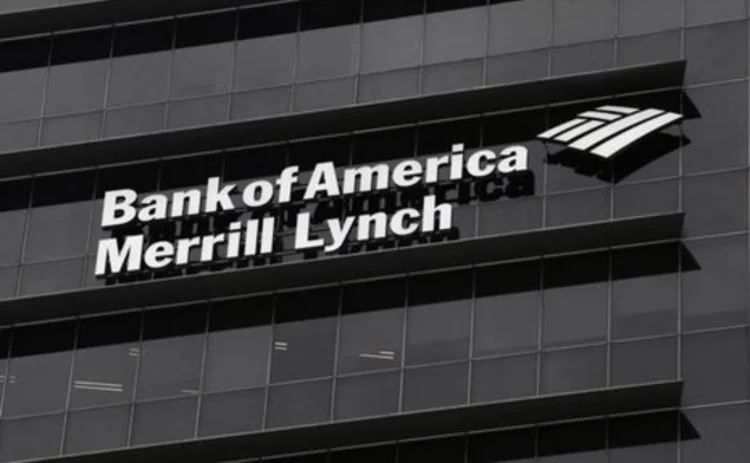BoA Merrill Lynch Handed $12.5 Million Fine by SEC over Mini-Flash Crashes
Bank of America subsidiary fined over inadequate trading controls leading to market disruptions between 2012 and 2014.

An SEC investigation found that due to its "inadequate trading controls", Merrill Lynch failed to prevent erroneous orders being sent to the markets and causing mini-flash crashes, violating the Market Access Rule.
"Mini-flash crashes, such as those caused by Merrill Lynch, can undermine investor confidence in the markets," said Andrew Ceresney, director of the SEC Enforcement Division. "It is essential that broker-dealers with market access have reasonable controls to prevent erroneous orders that disrupt trading."
The penalty, which the SEC states Merrill Lynch accepted "without admitting or denying the findings", is the largest to be imposed since a similar charge was brought against Knight Capital Americas ($12 million) in 2013.
In April last year, the UK Financial Conduct Authority (FCA) imposed a fine of £13.2 million (approximately $19.8 million) on Bank of America Merrill Lynch International (MLI) for submitting more than 35 million incorrect trading reports and failing to report another 121,387 transactions between November 2007 and November 2014.
Only users who have a paid subscription or are part of a corporate subscription are able to print or copy content.
To access these options, along with all other subscription benefits, please contact info@waterstechnology.com or view our subscription options here: https://subscriptions.waterstechnology.com/subscribe
You are currently unable to print this content. Please contact info@waterstechnology.com to find out more.
You are currently unable to copy this content. Please contact info@waterstechnology.com to find out more.
Copyright Infopro Digital Limited. All rights reserved.
As outlined in our terms and conditions, https://www.infopro-digital.com/terms-and-conditions/subscriptions/ (point 2.4), printing is limited to a single copy.
If you would like to purchase additional rights please email info@waterstechnology.com
Copyright Infopro Digital Limited. All rights reserved.
You may share this content using our article tools. As outlined in our terms and conditions, https://www.infopro-digital.com/terms-and-conditions/subscriptions/ (clause 2.4), an Authorised User may only make one copy of the materials for their own personal use. You must also comply with the restrictions in clause 2.5.
If you would like to purchase additional rights please email info@waterstechnology.com
More on Trading Tech
What does the future of trader voice look like?
The trader voice market has shrunk to three main players: IPC, BT, and Symphony. The battle for market share and desk real estate is pitting hardware against software.
Bloomberg Terminal’s agentic play shows rapid change in trading tech
Waters Wrap: The data giant’s conversational AI interface might seem novel, but others say having one is becoming a bare minimum in the world of trading technology.
Esma supervision proposals ensnare Bloomberg and Tradeweb
Derivatives and bonds venues would become subject to centralized supervision if the proposed reforms go through.
AllianceBernstein enlists SimCorp, BMLL and Features Analytics team up, and more
The Waters Cooler: Mondrian chooses FundGuard to tool up, prediction markets entice options traders, and Synechron and Cognition announce an AI engineering agreement in this week’s news roundup.
Ram AI’s quest to build an agentic multi-strat
The Swiss fund already runs an artificial intelligence model factory and a team of agentic credit analysts.
Fidelity expands open-source ambitions as attitudes and key players shift
Waters Wrap: Fidelity Investments is deepening its partnership with Finos, which Anthony says hints at wider changes in the world of tech development.
Market-makers seek answers about CME’s cloud move
Silence on the data center’s changes has fueled speculation over how new matching engines will handle orders.
SGX to modernize data lake
The work is part of the exchange’s efforts to enhance its securities trading platform.








